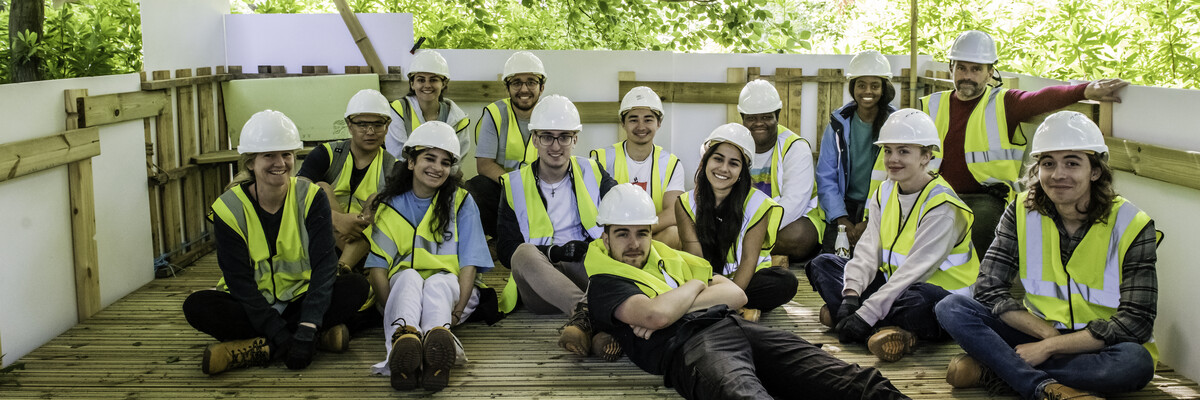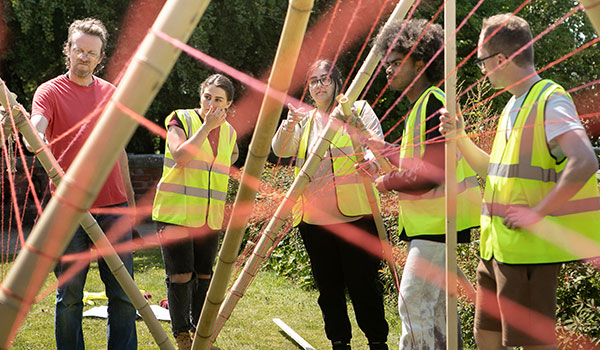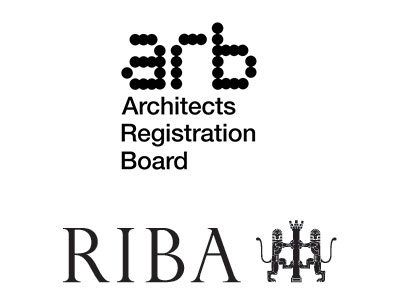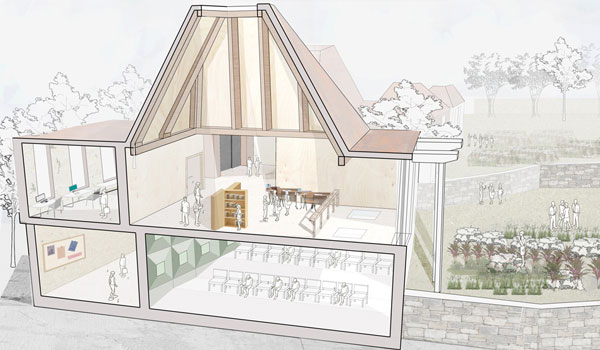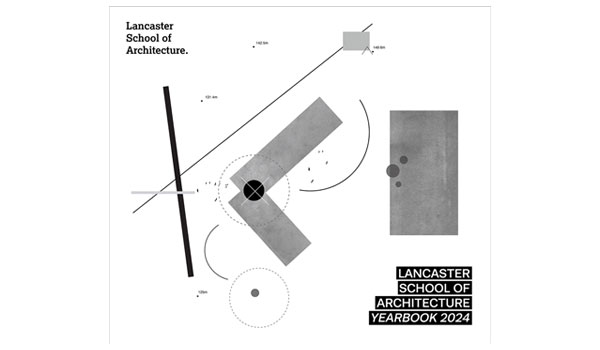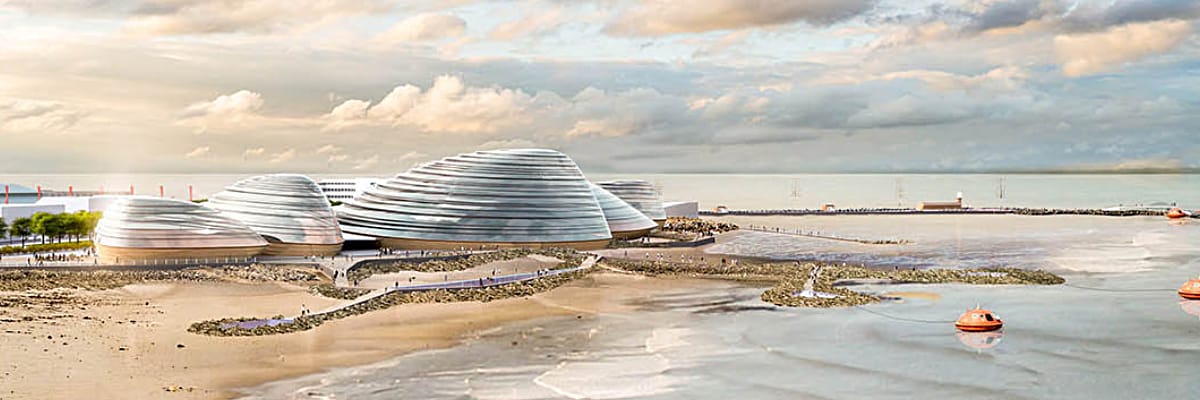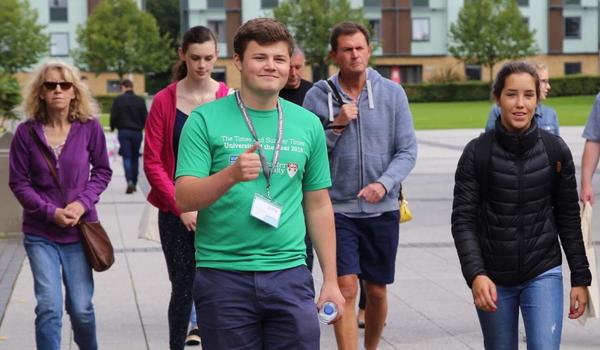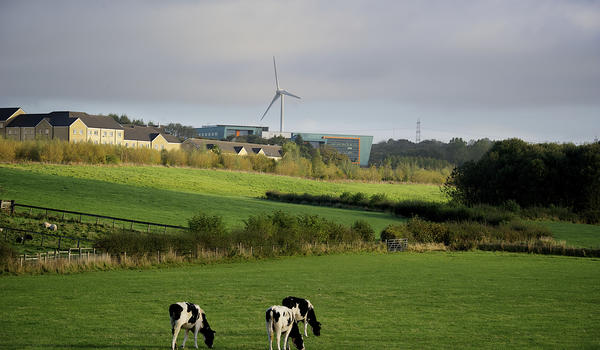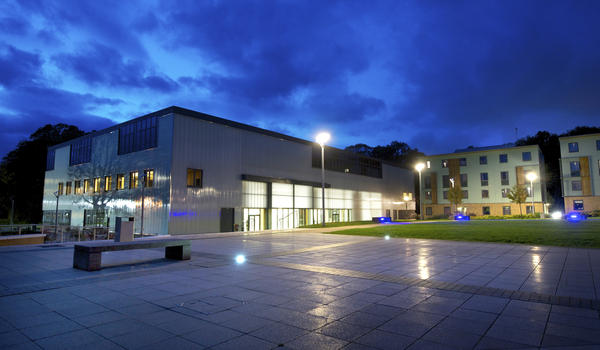The path to professional accreditation
Architecture in the UK is a regulated profession, which means that you must be registered with the Architects Registration Board (ARB) to practise using the title ‘architect’.
ARB is the statutory regulator and competent authority for architects in the UK. As a regulator, it is ARB’s role to maintain the Register of Architects and to ensure that standards within the profession are consistently maintained for the benefit of the public and architects.
There are three main routes to registration, but typically, if you are studying in the UK:
- Part 1 - A three-year full-time first degree in architecture followed by a year of appropriate professional experience.
- Part 2 - A two-year full-time second degree or diploma in architecture followed by a further year of professional experience.
- Part 3 - Then the Professional Practice Examination.
To apply for registration, you will need to have all three qualifications and a minimum of 24 months of appropriate practical training experience.

.svg)
